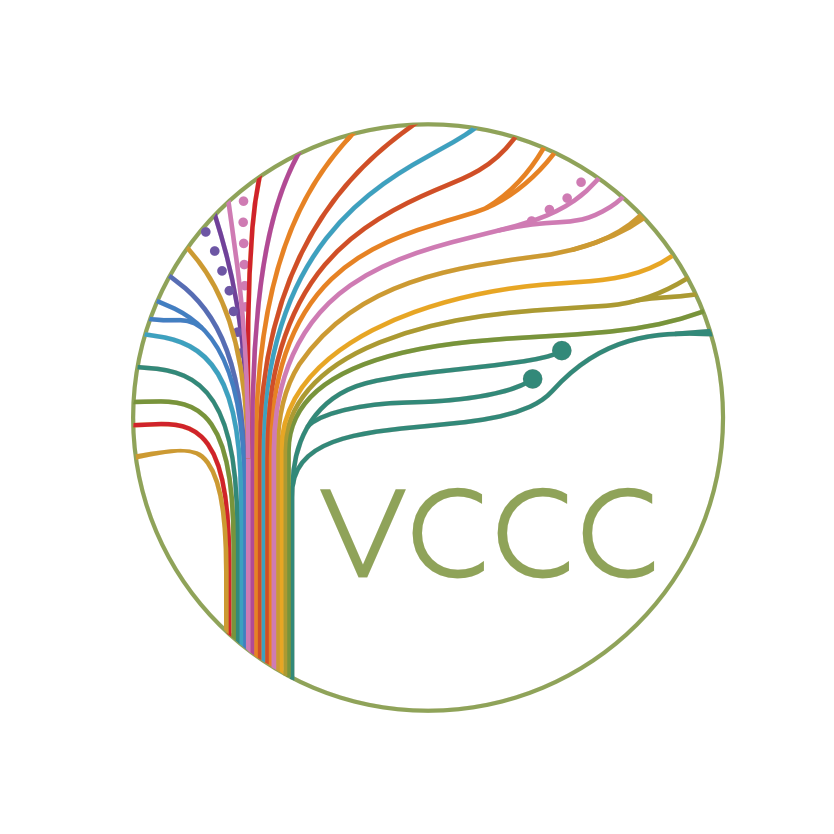When you imagine couples counseling, what images first come to mind? Chances are the couple is likely in their twenties or thirties and they are having trouble “communicating.” Perhaps they’re a bit older and parenting woes have caused them to question where the initial “spark” went? But I’d be willing to bet that you aren’t picturing a couple in their sixties approaching retirement, becoming grandparents, and contemplating spending the majority of their time together which hasn’t been a part of their relationship up until now while they had families to raise, careers to build, and jam-packed lives to lead.
Those reasons and more are why couples who are at least 55-years-old and older and who have been married for at least 25 years can benefit from couple’s therapy, even when our culture seems to eliminate them from the stereotypical client imagery. Life expectancy is rising every year as technological and medical advances continue to evolve and expand. Once thought of as “elderly” this group may now have an additional third of their life to live after retirement age and may need assistance navigating those next thirty years together with the help of a marriage therapist.
The twenty-fifth wedding anniversary is usually a large milestone for many couples, but there is even more reason to celebrate. Researchers have identified that this anniversary also marks the end of contemplating divorce or separation*. You see, for most couples once they’ve made it here, they’ve also likely raised a family together, navigated significant losses and gains, and are now in it for the true long haul, come better or worse.
Marriage counselors are put in a unique position because much of our practical experience and training is based on younger couples who may have different presenting issues than this group. An effective counselor should also consider individual factors for each client including culture, gender roles, and lived experiences. But how does a therapist move forward when divorce or separation are now off the table? To add fuel to the fire, as retirement looms, the thoughts and feelings about spending time alone and together can cause significant anxiety for these spouses. For many couples in this group, they have been focused on raising a family, building a home, and developing a career so what happens when those walls come down and what they are left with is one another? And let’s not forget every couple’s favorite topic: sex and intimacy. Once these spouses have a lot of uninterrupted time together, it’s no shock that for many sexual frequency and urges intensify and learning to openly talking about this sensitive topic can be a challenge.
Becoming the medical care-taker for one another when one or both becomes ill, a chance that nearly triples once past sixty years old, is the main cause for depression, anxiety, stress, and marital problems with aging couples. However, a research study in 2003 directly linked happy marriages and mortality rates together for couples that had been together for at least thirty years with a term “happy spouse = healthy spouse.” The couples in this research study who attended couples counseling with a therapist who was conscientious of the unique dilemmas they were facing had a raise in their self-rated scores on happiness that were dramatically higher from the group who did not go to therapy. Additionally, couples who attended therapy together were rated almost twice as physically-healthy as the research participants who did not in a follow up study in 2010 which went on to describe these marriages in a visual representation of the letter U over the course of fifty years together. The marriage starts in the top left corner of the letter, declines over a twenty-five-year span, and then makes a literal u-turn ending near the pinnacle of intimacy that was present when the couple first got together and were courting at the fifty-year marker. Without counseling, the researchers argue that the letter u is lowercase, but those couples who sought counseling benefited by being assigned an uppercase U*. I don’t know about U, but it seems to me that attending sessions with an aware and understanding marriage therapist is worth the investment if the possibility of living a healthier and happier life individually and together as a couple is possible and much more likely?
*Full study data and statistics can be found in these articles:
Campbell, T. L. (2003). The effectiveness of family interventions for physical disorders. Journal of Marital and Family Therapy, 29(2), 263-81.
Silverstein, M., & Giarrusso, R. (2010). Aging and family life: A decade review. Journal of Marriage and Family, 72(5), 1039-1058.
*Image from Crazy, Fun, Health, and Home.
-by AJ Rich

